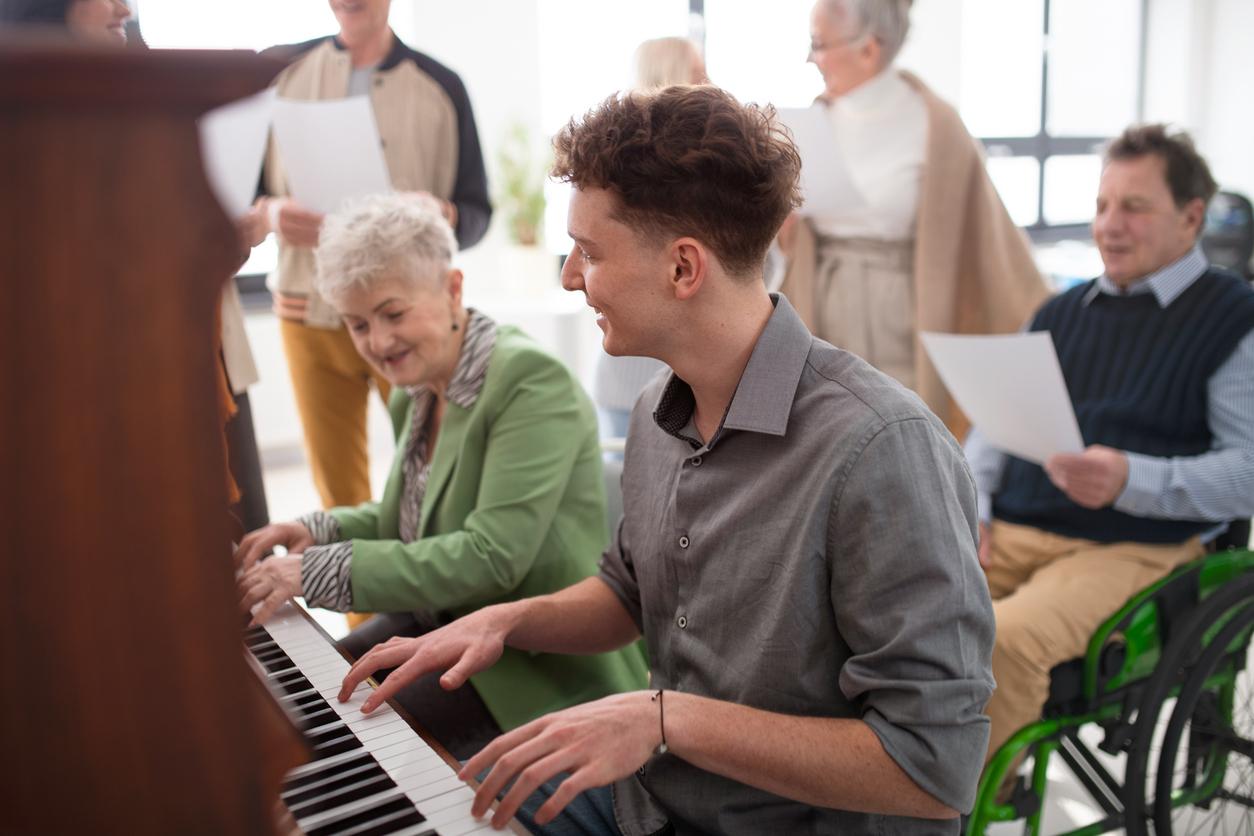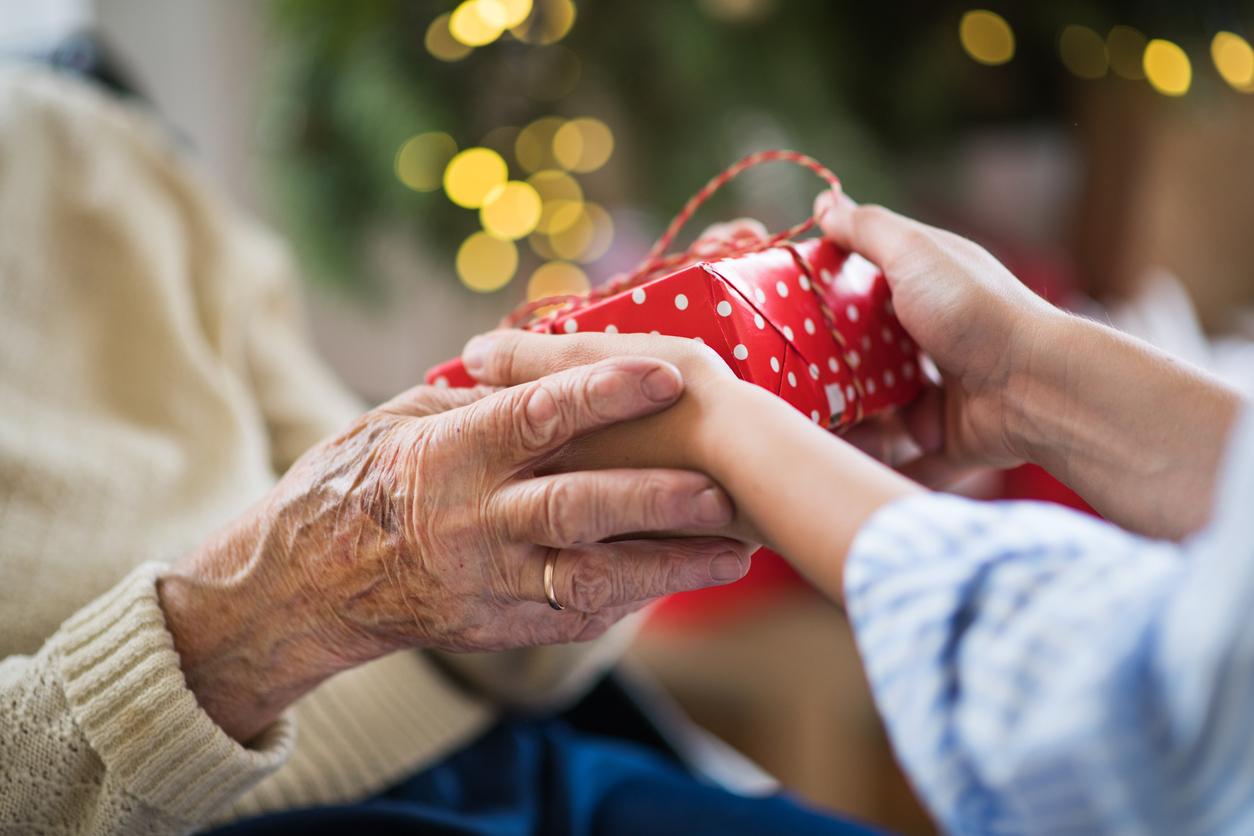Giving 100 hours of your time a year to charity could be a selfish act, according to the results of a study published in the medical journal Psychological Bulletin. Indeed, 2 hours of volunteering per week is not only useful for people in need but also for the health of the volunteers.
Researchers from the Baycrest Center for Geriatric Care affiliated with the University of Toronto worked on a meta-analysis of 73 studies conducted over 45 years to assess the impact of volunteering in people over 50. Scientists looked at participants’ psychosocial, physical or cognitive outcomes, happiness, physical health, depression, and well-being.
2-3 hours of volunteering helps seniors feel better
The elderly often have more time but are also too often isolated. In this situation of loneliness, volunteering allows them to remain active and sociable.
“No study had analyzed the link between volunteering and benefits for the healthexplains Dr. Nicole Anderson, associate professor at the University of Toronto and lead author of the study. “However, encouraging its practice among the elderly could be an excellent solution for their social well-being and to limit the risks of dementia and age-related diseases”.
The results of the study show that volunteering has positive effects on the health and well-being of seniors. In fact, the researchers noticed that volunteering led to a reduction in the symptoms of depression, a better health general, a reduction in functional decline and even greater longevity. Spending time with others to help would also reduce the risk of high blood pressure (HTA), hip fracture or loss of autonomy. And this time would also help the elderly to improve their self-esteem.
But to take advantage of these health benefits, volunteers must give at least 2 to 3 hours of their time per week.
















